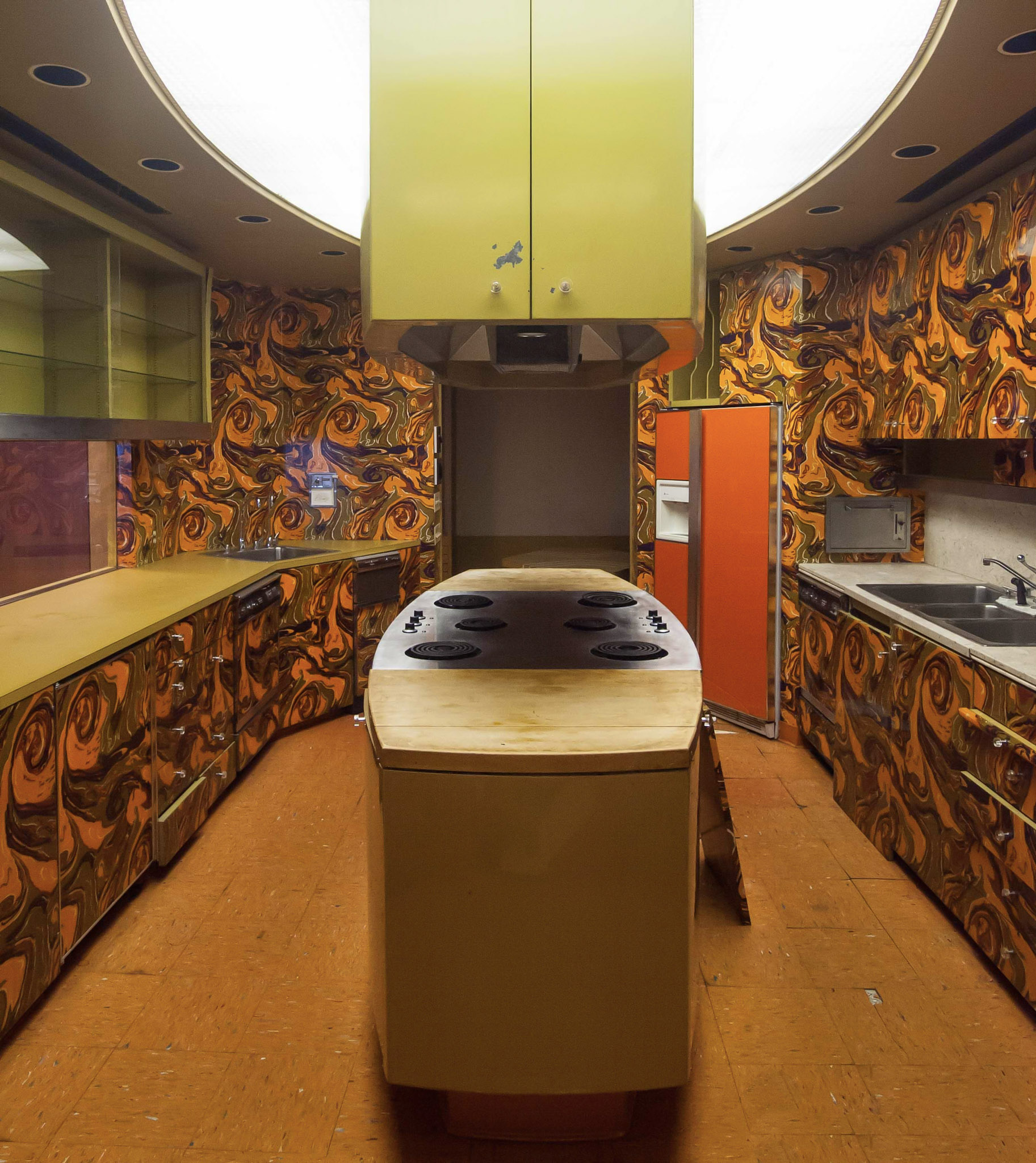A new exhibition seeking to provide a comprehensive overview of African-American contributions to American cuisine is slated to open in New York on February 2, 2022, after a delay of almost two years.
The expo, dubbed “African/American: Making the Nation’s Table,” will be presented by the Museum of Food and Drink in partnership with The Africa Center. For MOFAD, it is the first exhibition since closing last year at the start of the pandemic. The exhibition has been curated by Dr. Jessica B. Harris, an expert on the foods of the African Diaspora.
It will be the first exhibit of its kind in terms of its expansive focus on the Black chefs, farmers, inventors, and food and beverage makers who have contributed to the culinary landscape of the country, Nazli Parvizi, president of MOFAD, told SFA News Daily.
“There has never been a large survey show, looking at the contributions of African Americans towards our nation's culinary history,” she said. “That’s something Dr. Harris has always really wanted to do, and it’s something MOFAD has wanted to do.”
Anchoring the multimedia, interactive exhibition, which was about five years in the making, will be a restored version of the Ebony test kitchen (pictured above), which was used by the magazine to test various recipes for Black home cooking in the mid-1900s. Another key feature of the exhibition is a massive quilt that MOFAD created highlighting the contributions of African-Americans, beginning in the slave era.
The show explains how African-Americans shaped a broad swath of the modern food and beverage landscape, telling the stories of individuals such as Frederick McKinley Jones, who invented a refrigeration system for trucks that contributed to the development of the modern cold chain.
“I think the central thesis of the show is that African-American food is American food,” said Parvizi.
Food itself will also be a part of the exhibit, beginning with the benne cookies that are handed out at the entrance, rewarding visitors with a traditional South Carolina treat. In addition, visitors will be able to purchase “shoebox lunches,” which represent the way African-Americans transported food during the Great Migration when they knew they would not be welcome in many restaurants.
The exhibit will also include a series of live programming that elaborates on its themes and provides some contemporary tie-ins, such as one on the history of Black food and activism that looks at the role of food in civil protests. Other live programming will include one on the intersection of food and music in Black culture and explorations of Caribbean culinary influences.
The exhibition, which is scheduled to wrap up with a Juneteenth celebration on June 19, will take place in The Africa Center in upper Manhattan. The center, which seeks to “provide a gateway for engagement with contemporary Africa,” is also home to Terenga, an acclaimed restaurant offering traditional African home cooking and emphasized Africa-grown ingredients.
“We are excited that African/American will premiere at The Africa Center, and that visitors will engage with the many African food traditions found in American cuisine right here in Harlem, the place known around the world for the vibrancy, rich flavors, and dynamism of the African American cultural experience,” said Uzodinma Iweala, CEO of The Africa Center, in a statement.
Parvizi said Making the Nation’s Table should appeal to a broad swatch of the public.
“I think for African Americans, it will be a source of pride, and an opportunity to understand a fuller history that they might have known,” she said. “And for other Americans … it’s really a really great opportunity to learn more about American culinary history.”
Tickets will be available for purchase beginning January 4 at mofad.org.
Related: Business Owner Launches Black Culinary Collective; Instacart Supports Black-Owned Brands.
Image: MOFAD. Lee Bey Architectural Photography

